
Filtered Analysis
Female stories

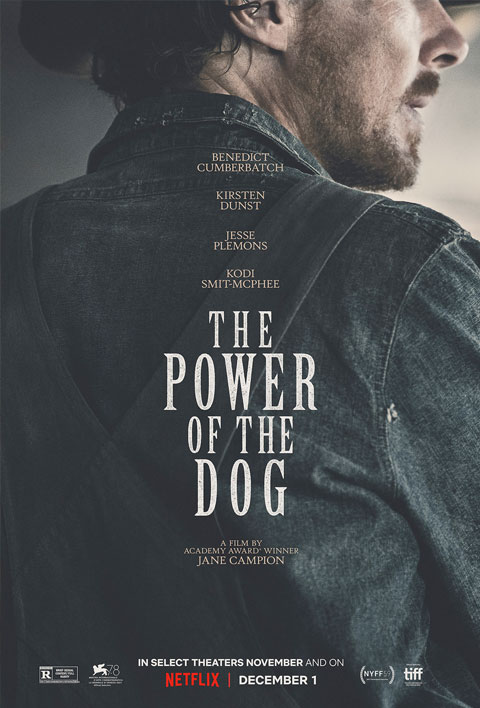
The Power of the Dog

Never Rarely Sometimes Always
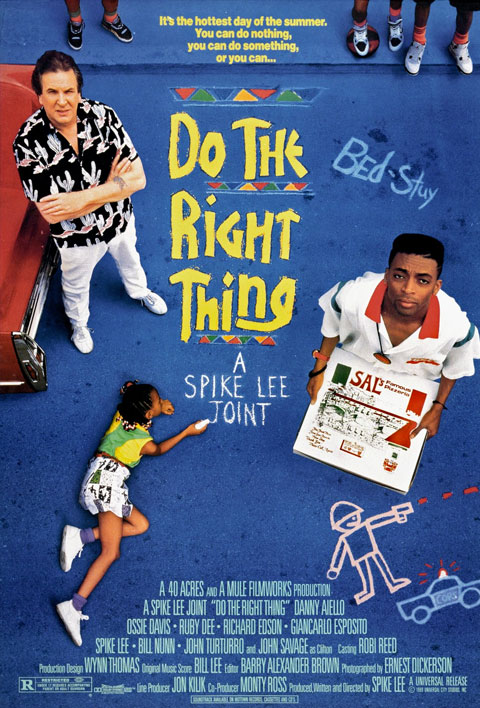
Do the Right Thing

While You Were Sleeping

The Help

Ford V Ferrari

The Big Lebowski

Roma
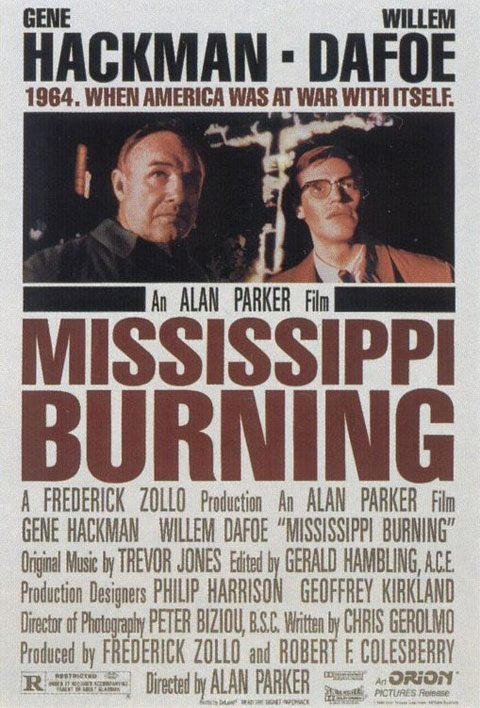
Mississippi Burning
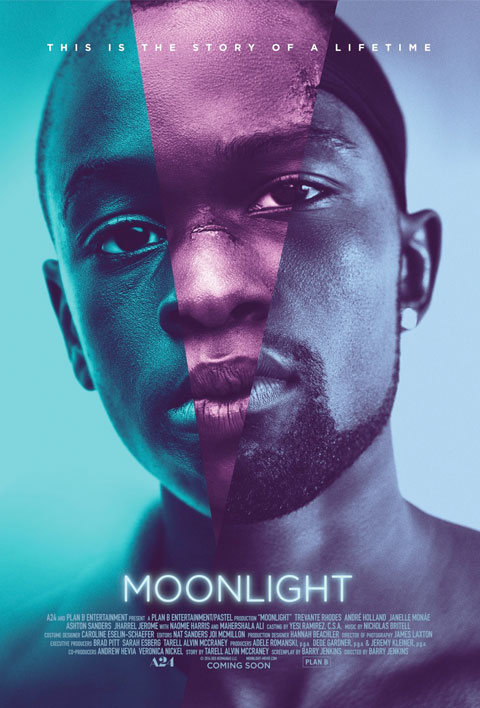
Moonlight

The Americans

Kubo and the Two Strings

Sophie’s Choice

Short Term 12
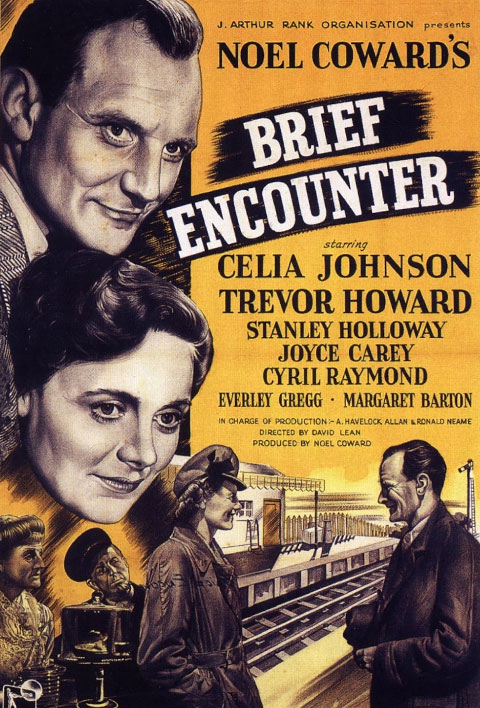
Brief Encounter

The Social Network

Ida

The Sixth Sense
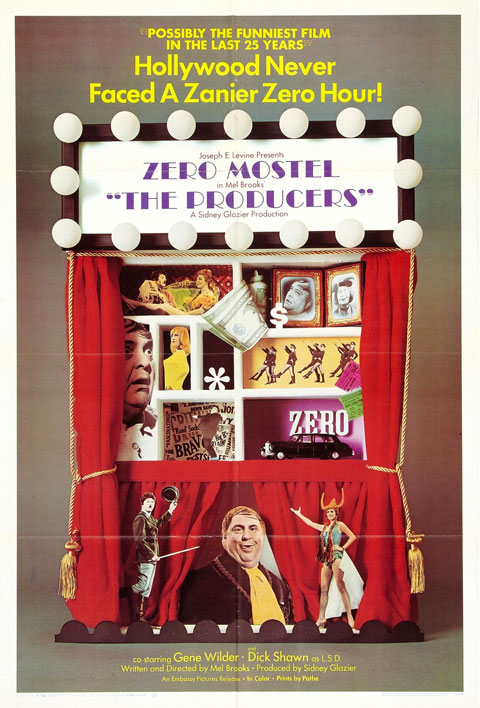
The Producers
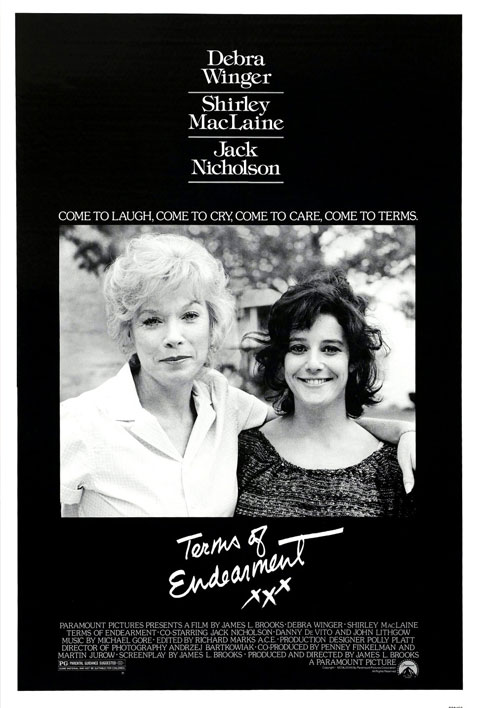
Terms of Endearment

La Dolce Vita

Juno
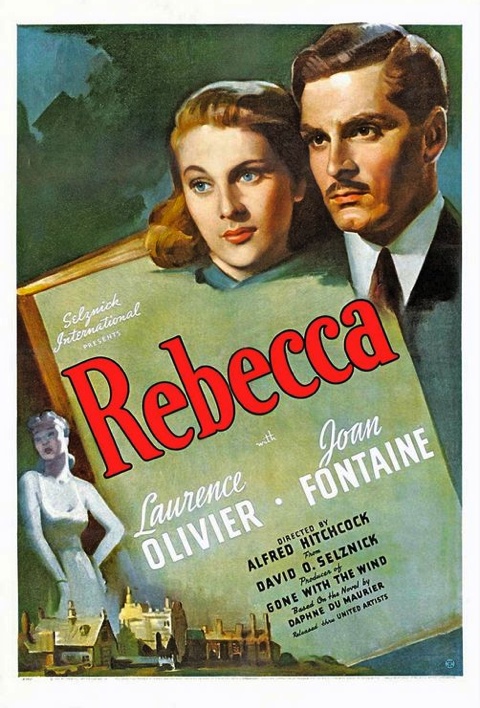
Rebecca
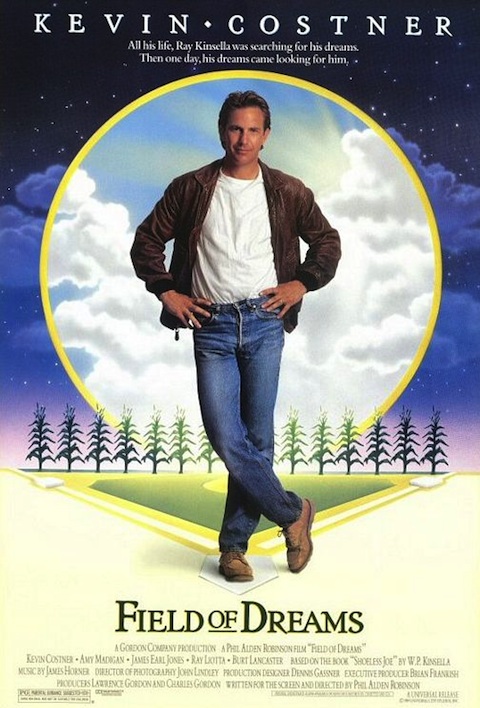
Field of Dreams

Let The Right One In

The Sound of Music
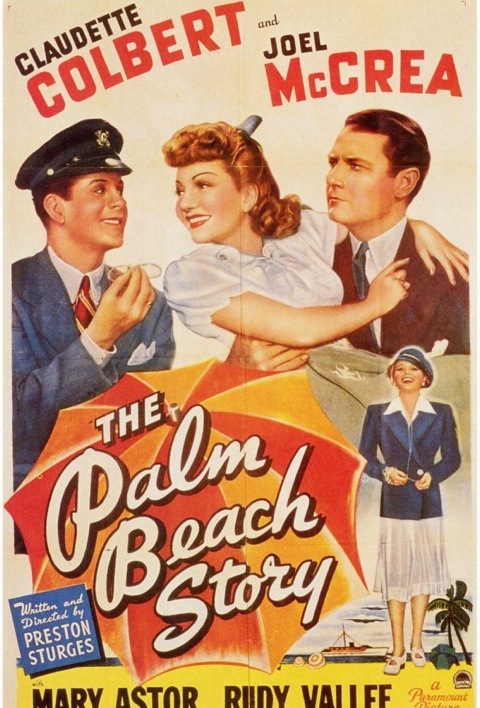
The Palm Beach Story
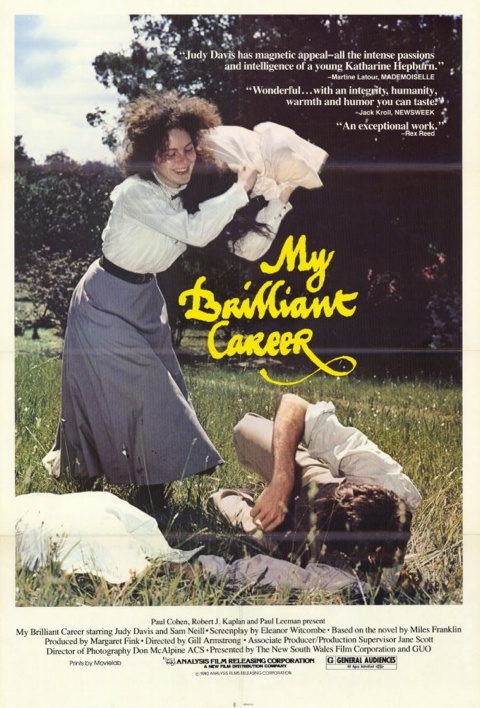
My Brilliant Career

Network
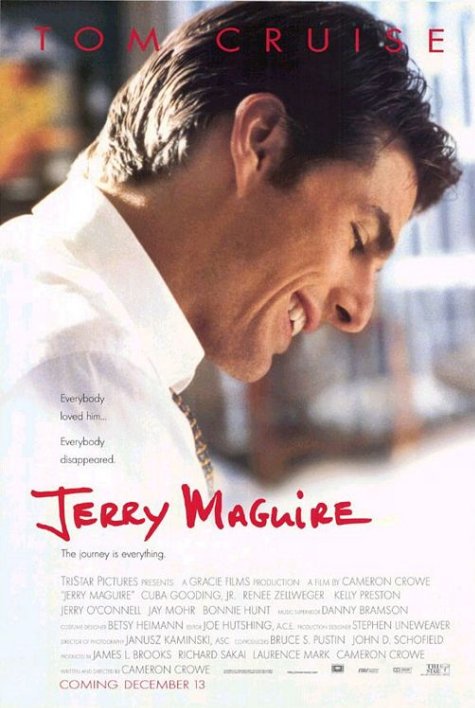
Jerry Maguire
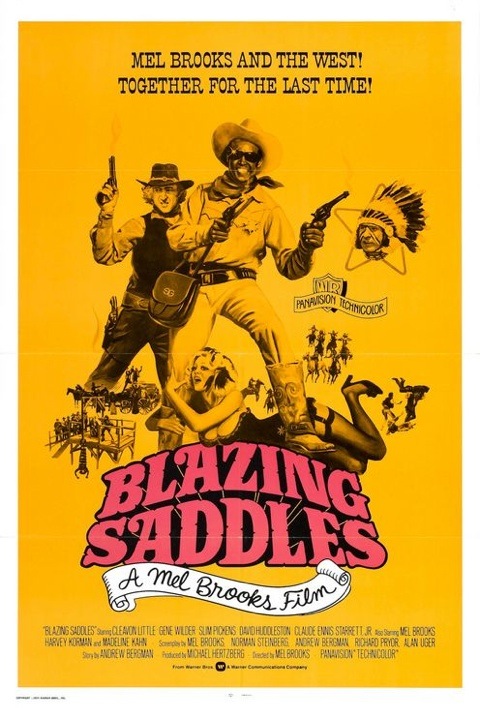
Blazing Saddles

Team America: World Police
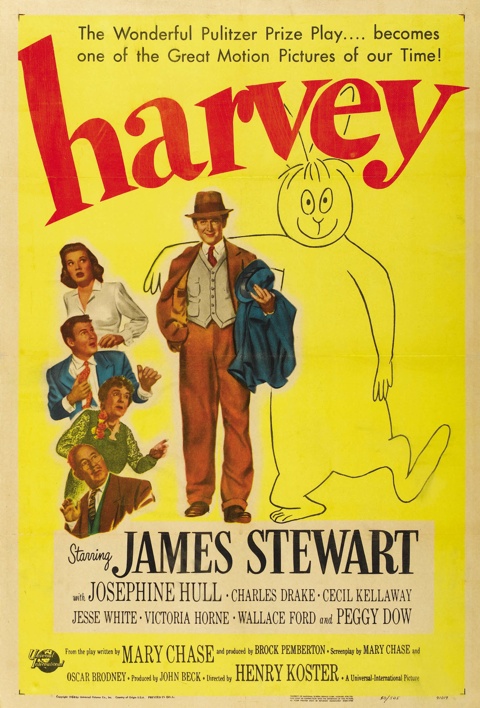
Harvey
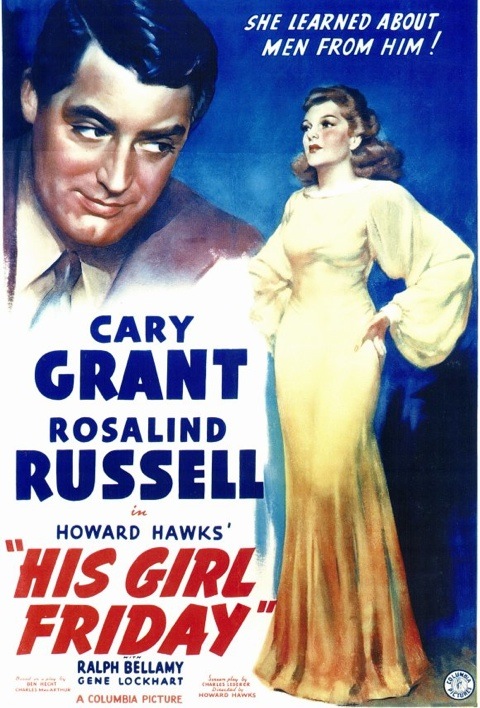
His Girl Friday
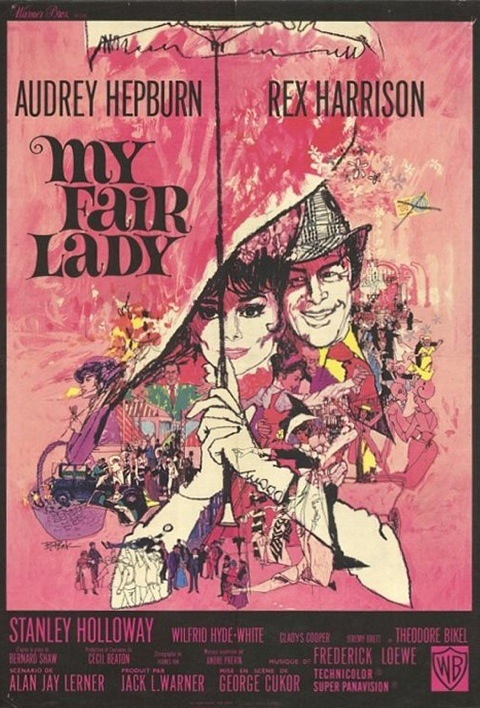
My Fair Lady

Eat Drink Man Woman

Amélie
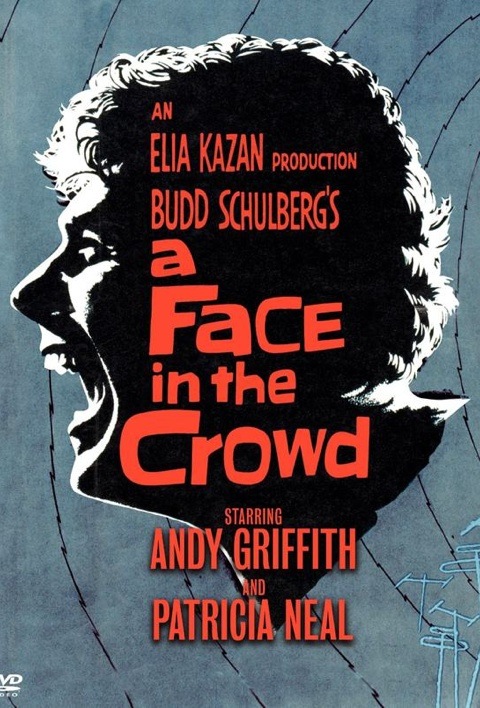
A Face in the Crowd

Into The Blue

Just Like Heaven

City of God

Donnie Darko
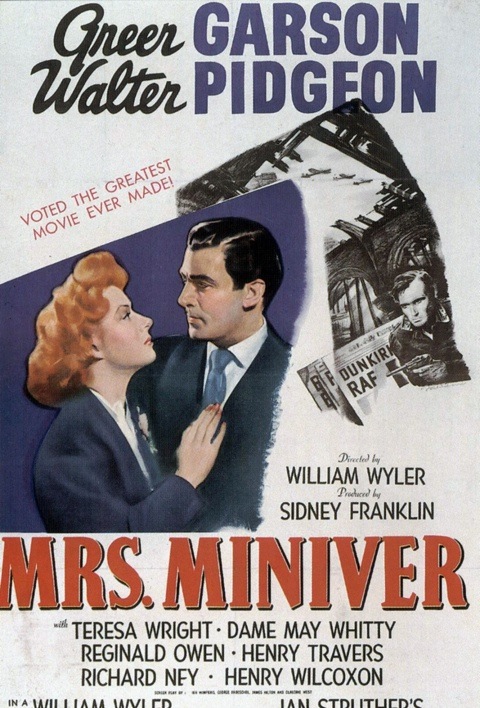
Mrs. Miniver
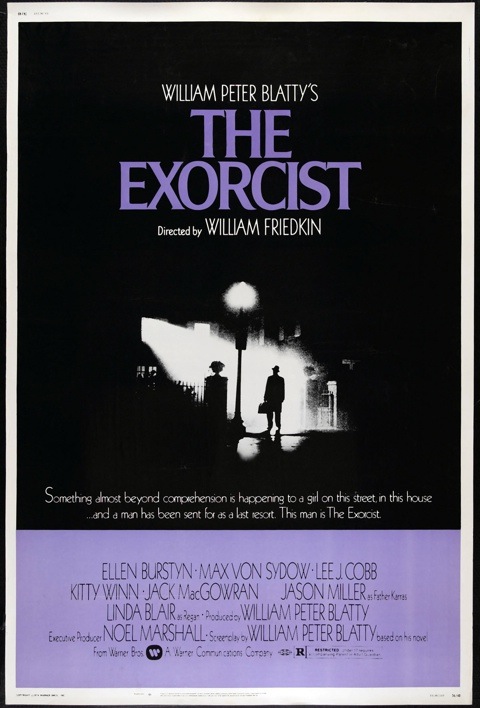
The Exorcist
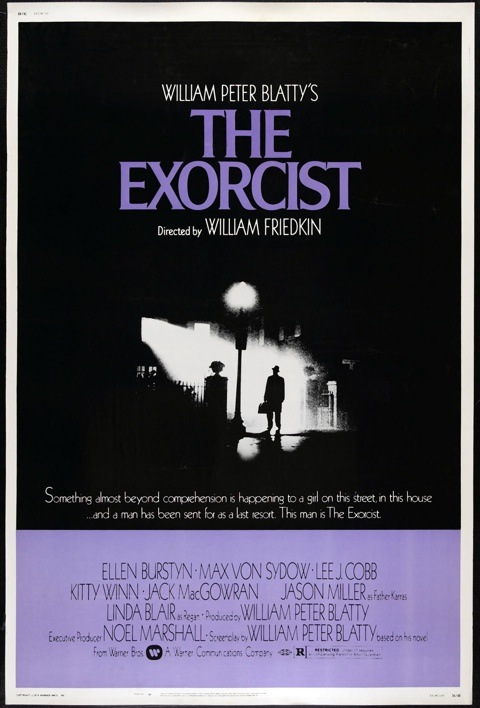
The Exorcist

Chicago

There’s Something About Mary

The Others
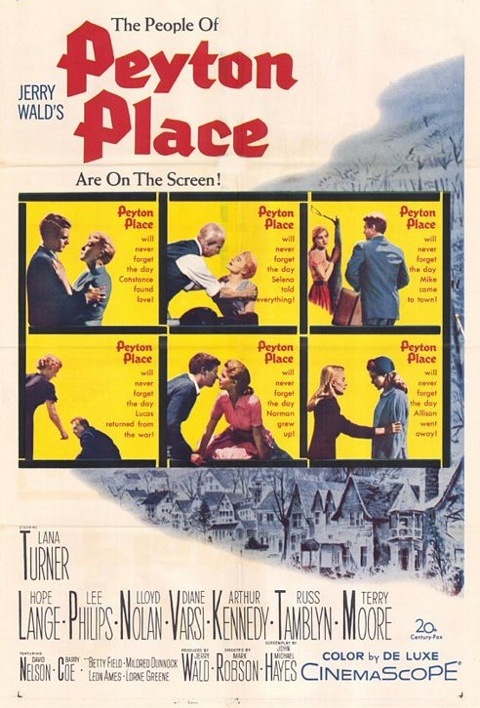
Peyton Place

Y tu mamá también

The Contender

The American President
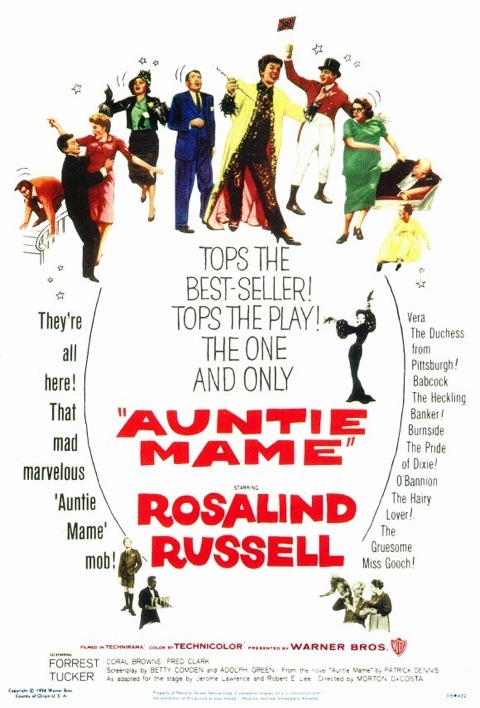
Auntie Mame
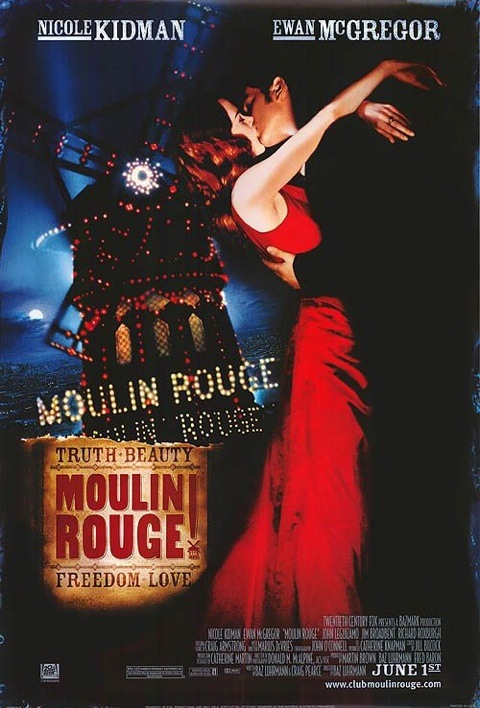
Moulin Rouge!
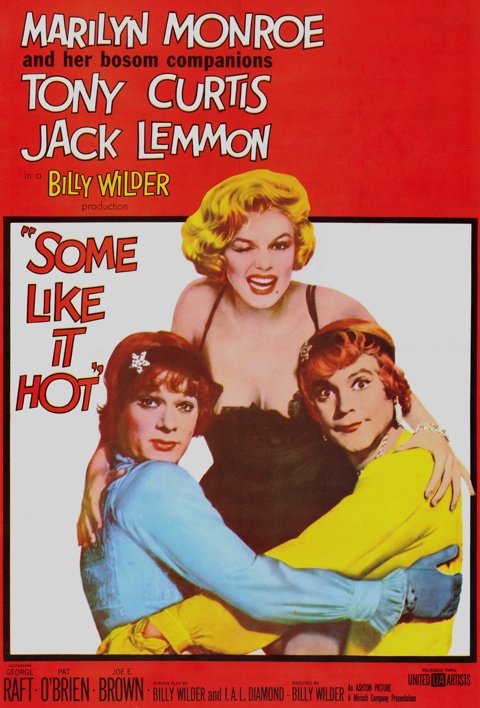
Some Like It Hot
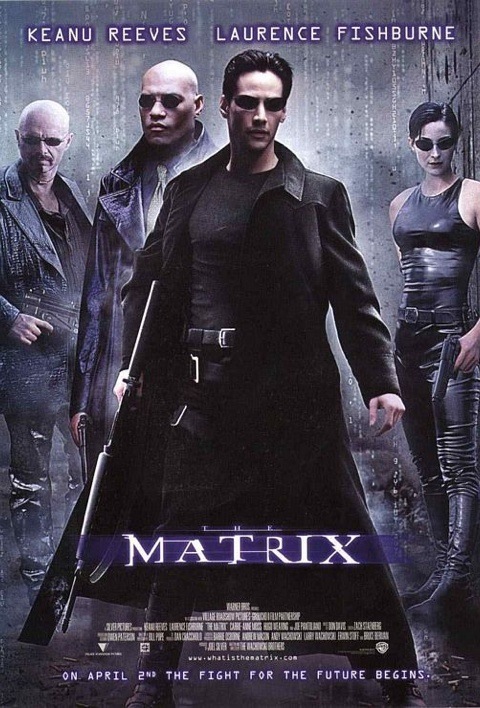
The Matrix
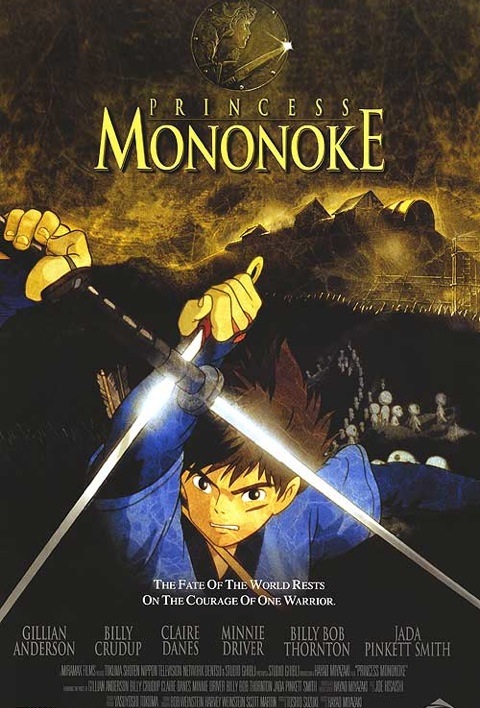
Princess Mononoke
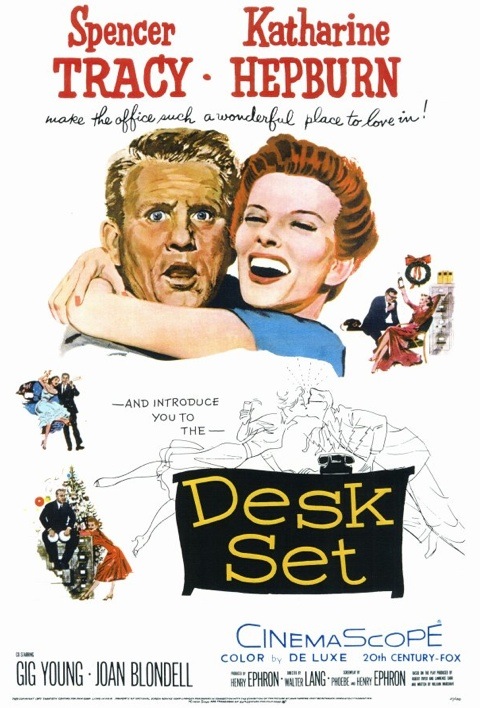
Desk Set

Return to Me

The Thomas Crown Affair

A Streetcar Named Desire

Bridget Jones’s Diary
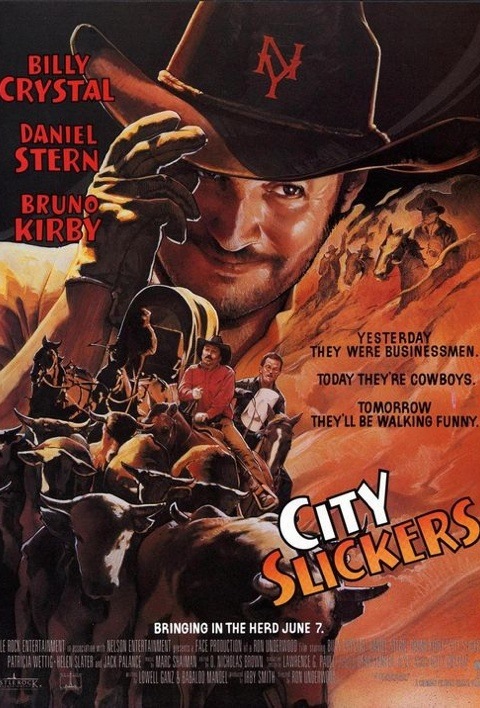
City Slickers
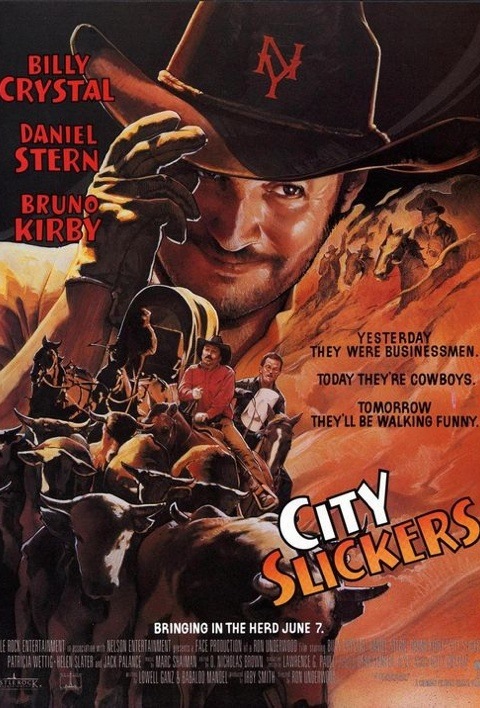
City Slickers
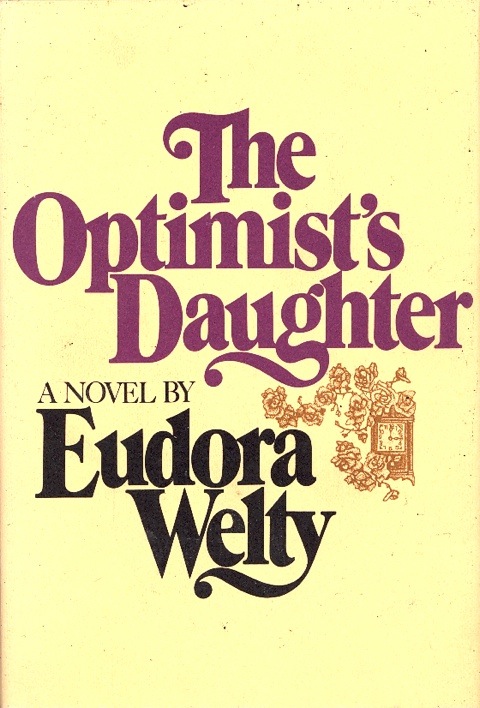
The Optimist’s Daughter
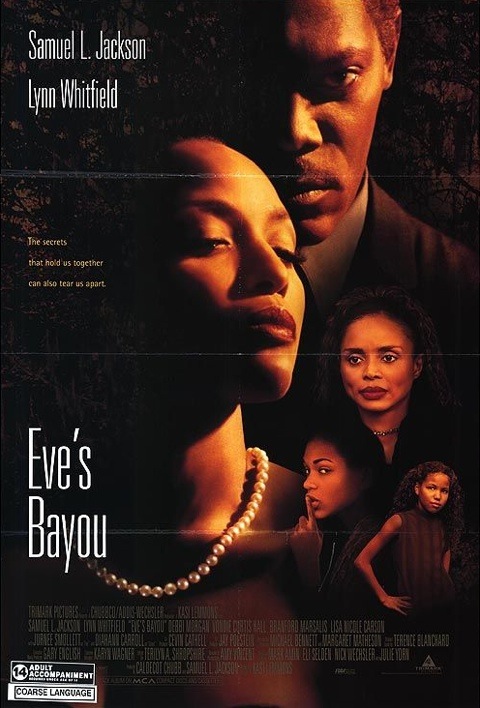
Eve’s Bayou
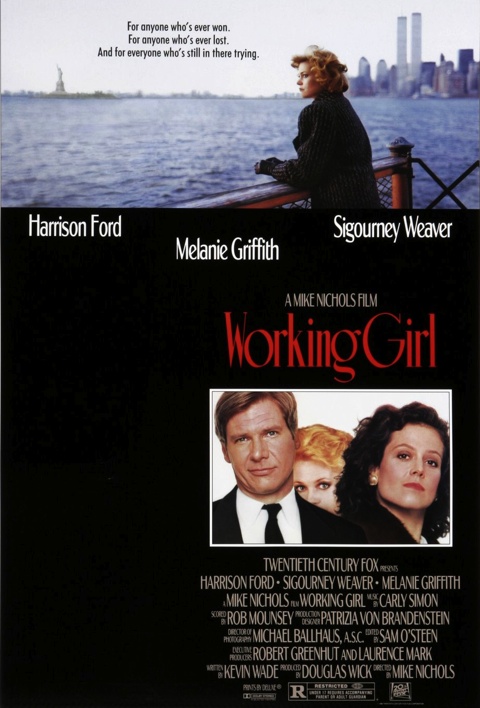
Working Girl

Dogma
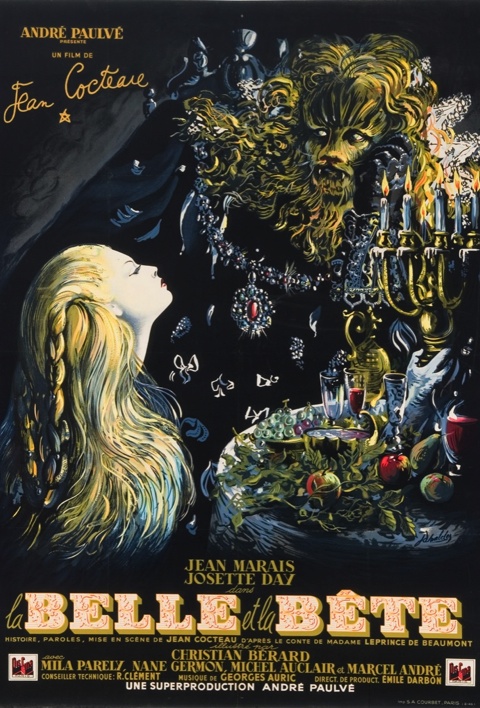
Beauty and the Beast
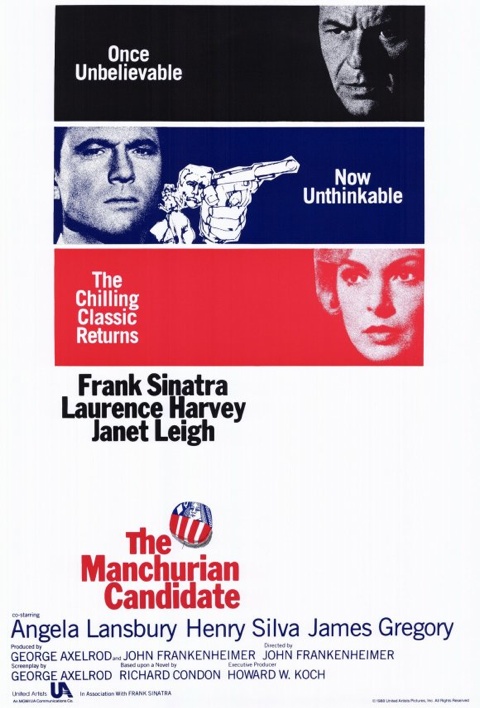
The Manchurian Candidate

My So-Called Life

Splendor in the Grass
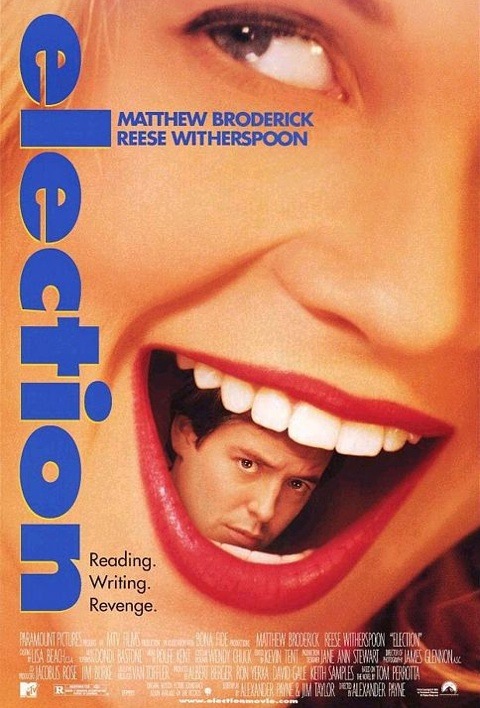
Election

Pecker

Welcome to the Dollhouse

Central Station

Like Water for Chocolate

Scream

Ever After
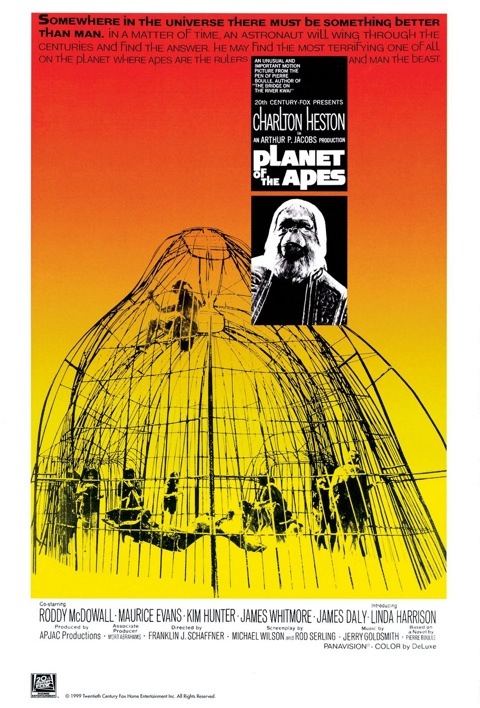
Planet of the Apes
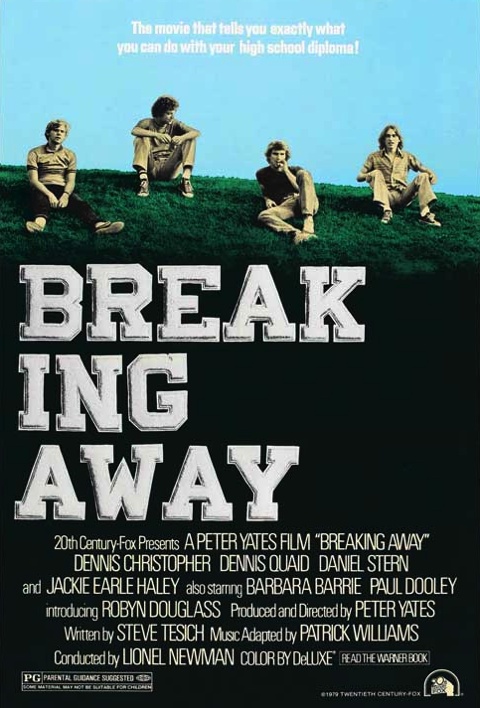
Breaking Away
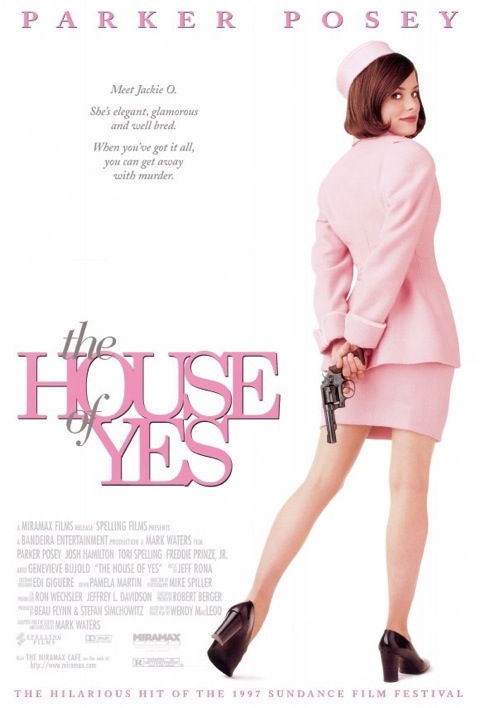
The House of Yes
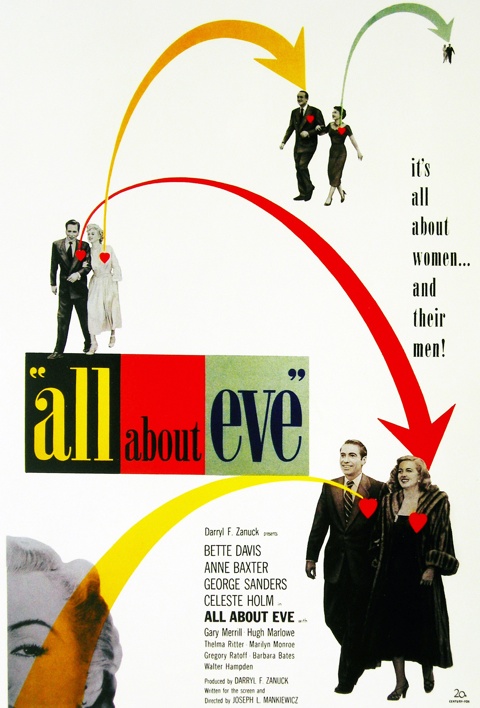
All About Eve

Sula
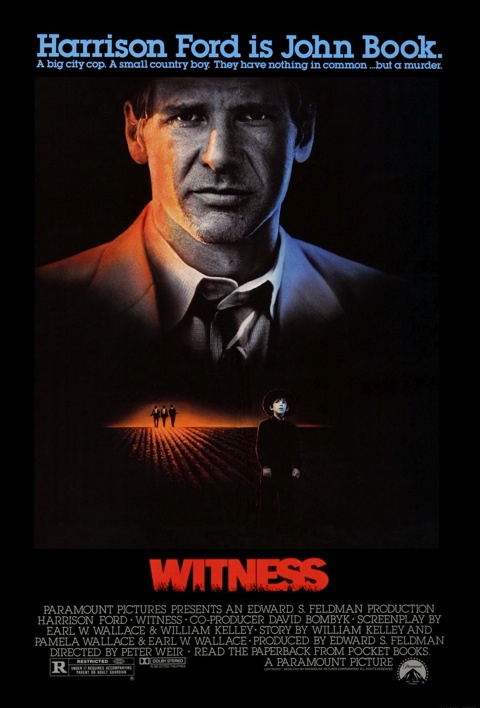
Witness

The Wild Bunch

Washington Square

Searching for Bobby Fischer
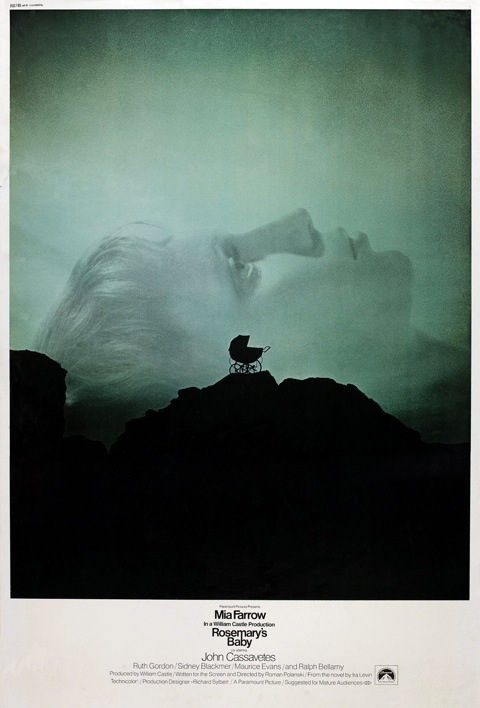
Rosemary’s Baby
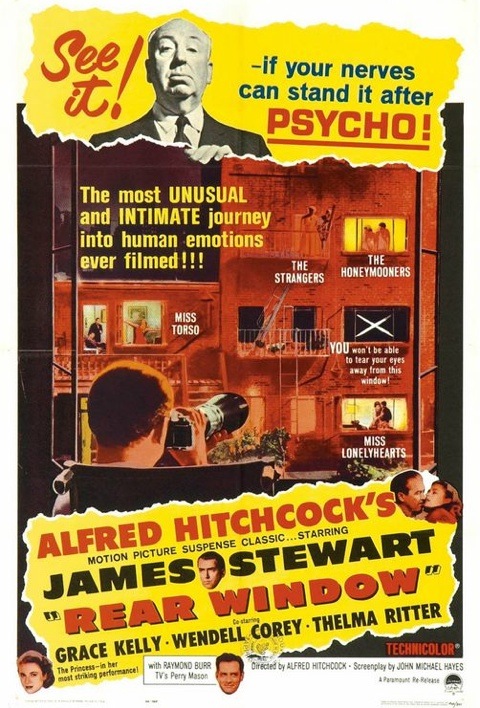
Rear Window

Pride and Prejudice

Platoon
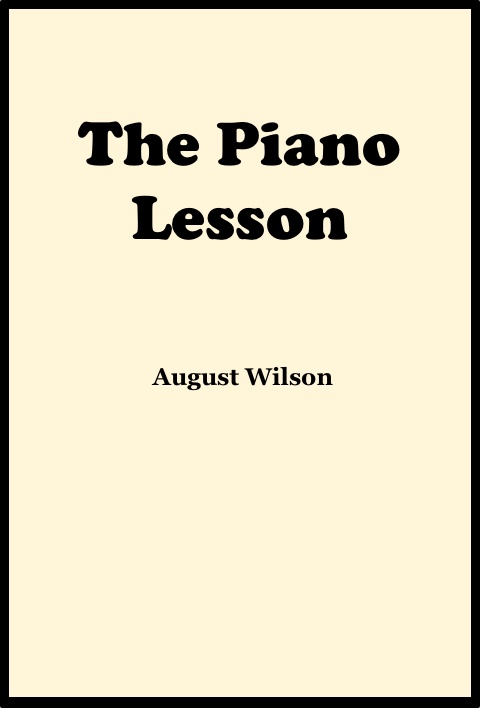
The Piano Lesson
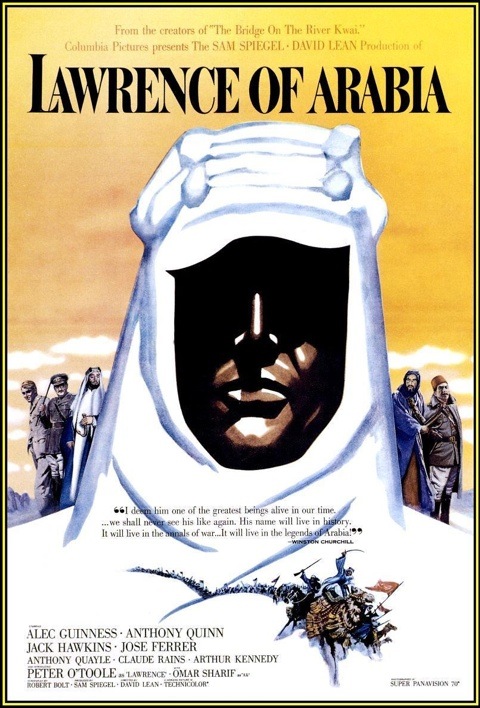
Lawrence of Arabia
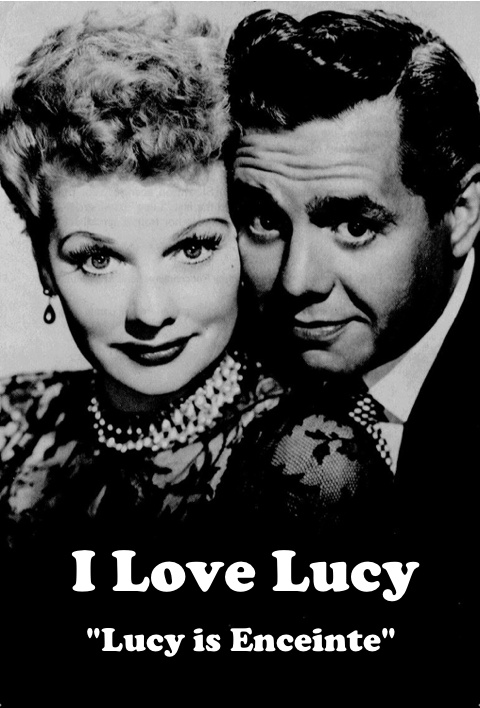
I Love Lucy

The Glass Menagerie

A Doll’s House

Bull Durham
Female
Main Character Mental Sex

Rear Window
Jeff tries to hold together his theory of Thorwald as a murderer in the face of opposition from Stella, Lisa, and especially Doyle. He’s more interested in the why and when of the murder, leaving the how to Stella and Doyle to consider, and piecing his ideas together to form the big picture.

Searching for Bobby Fischer
As a seven year old child, Josh employs both methods of problem solving, but he tends to favor a more holistic approach. Early in the story, Josh is so reluctant to beat his father at chess, he doesn’t even want to play him. His reluctance demonstrates his desire to hold the relationship together. He doesn’t want to change the status quo—the relationship he has with his dad. He is sensitive to inequities, as demonstrated by his sensitivity to the imbalance between winning and losing, and his sensitivity toward the people around him.

The Wild Bunch
When his “family” members squabble amongst themselves, Pike gives them pep talks in an effort to hold the Wild Bunch together:
SYKES: That was a mighty fine talk you gave the boys ‘bout stickin’ together. That Gorch was near killin’ me—or me him—
(Green and Peckinpah, p. 33)
With Thornton closing in, and his own men ready for fight or flight, Pike looks at the bigger picture:
LYLE: We kin stay right up here and kick hell out of ‘em.
PIKE: No water.
DUTCH: Make a run for the border?
PIKE: They’d be after us every step of the way—I know Thornton. No, I’m tired of being hunted—we go back to Agua Verde and let the general take care of those boys.
LYLE: You’re crazy!... Back with those greasers!
PIKE: He’s so tickled with the guns he’ll be celebrating for a week and happy to do us a favor. Thornton ain’t going after us in there. While they’re busy picking over old Freddy’s pockets, we’ll take the back trail off this mountain and head for town.
(Green and Peckinpah, p. 99)
NOTE: The obstacle character, Deke Thornton, also has a female mental sex. He too, tries to hold together his group of misfits, but by using threats. He’s able to grasp the bigger picture of how things work, which allows him to work for Harrigan and to join Sykes at story’s end. He can intuit what Pike is thinking at any given time, as they share the same problem solving techniques.

The Piano Lesson
Berniece uses female problem solving techniques. She tries to uncover Boy Willie’s motive behind his unexpected visit. She sets conditions upon having Boy Willie and Lymon in her house. She considers her family’s history surrounding the piano and concludes that it cost too much in suffering to give up.




